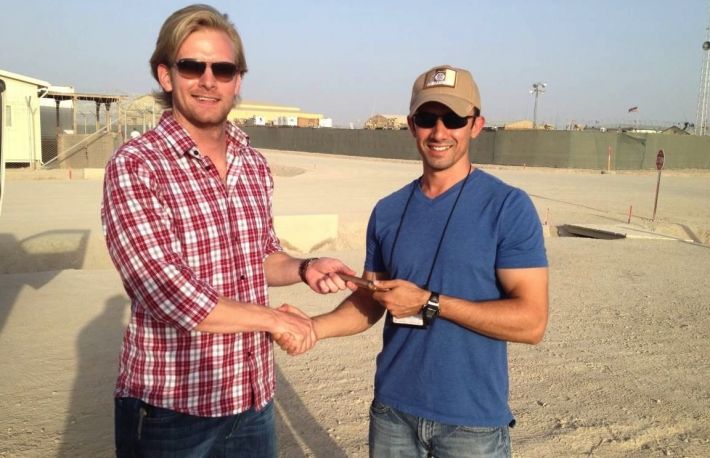My thoughts for the people of Afghanistan
The Taliban's stunning victory in Afghanistan, remembering discovering bitcoin while in Helmand, and the use of crypto as the ultimate disaster asset.

The U.S. and its NATO allies just retreated from Afghanistan, and within a week the Taliban has taken over after one of the most successful insurgencies in history. I feel deeply for the Afghan people. Recognizing that a good chunk of the country views this as a good thing, this isn't about placing judgment on which side is better than the other. Rather, it's a basic humanitarian moment of grief for an entire country that has been suffering for way too long.
I spent almost two years of my life in Afghanistan working as a data scientist. My tour took me from Helmand and Kandahar to Bagram and Kabul. There were many long evenings around camp fires staring out in awe at the deserts of Helmand or the Hindu Kush mountains. It was also while in Afghanistan that I first became obsessed with bitcoin. CoinDesk even published my story about Afghanistan's first recorded bitcoin transaction. In many ways, the country made a deep impact on my life.
Since the world appears to have abandoned the Afghan people to their fate, the best we can hope for is that the new rulers exercise restraint, tolerance, and a great deal more inclusion in society than they're known for. It's a tall order. There are at least some indications that the Taliban will try to keep many things in place instead of tearing everything down. The problem all along has been that many of the ways things have been run by the old government weren't worth saving.
"They are going to assume control of what already exists, at least in the short term, and I think they will try to go for stability, rather than a revolution of any sort.”
There are so many lessons to be learned from the last 20 years, though to the Afghans we should think of the last forty years of perpetual conflict. The prevailing reason for the immediate collapse of the Ghani government was that it was so corrupt and poorly led that few thought it worth risking their lives to defend. This observation by a reporter on the ground perfectly captures the sentiment undoubtedly shared by many Afghans:
"The Taliban’s vehicles do not honk at civilian cars, forcing them off the road, as Afghan military ones used to."
Wishful outcomes aside, there are already worrisome signs that the Taliban's ideas of governance don't bode well for at least half the population.
"In Herat, where 60% of the students at the university were women, female students have been ordered back to their homes. Women at work have been told to give up their jobs to male relatives."
Quick observation on that last nugget: It's a little weird to think that random male relatives can substitute for any job held by a woman, as if any guy can do anything a woman can do regardless of training, education, expertise, etc. The economist in me is screaming at this one and its implications for a productivity collapse. The human in me is just sad.
Being the obsessed-with-crypto kinda guy that I am, it's hard to ignore the often thoughtless and uninformed commentary from bitcoin personalities on Twitter, captured well by Decrypt. You can gauge how smart I think these comments are with this tongue-in-cheek response:
"It's true. Little-known fact: The Kabul airport is still running because it's built on Ethereum."
Ideology aside, while crypto wouldn't have done much to stop the advance of the Taliban, getting assets into crypto in advance would have gone a long way to protect peoples' financial lives. Being a disaster asset has always been one of the killer use cases for bitcoin touted from its beginning, and what I was teaching in seminars while there.
Keeping some of your wealth outside your local jurisdiction, or any centralized financial system, is just prudent. The only questions are how much and where to put it.

Comments
Sign in or become a Finpunk by Rob Viglione member to join the conversation.